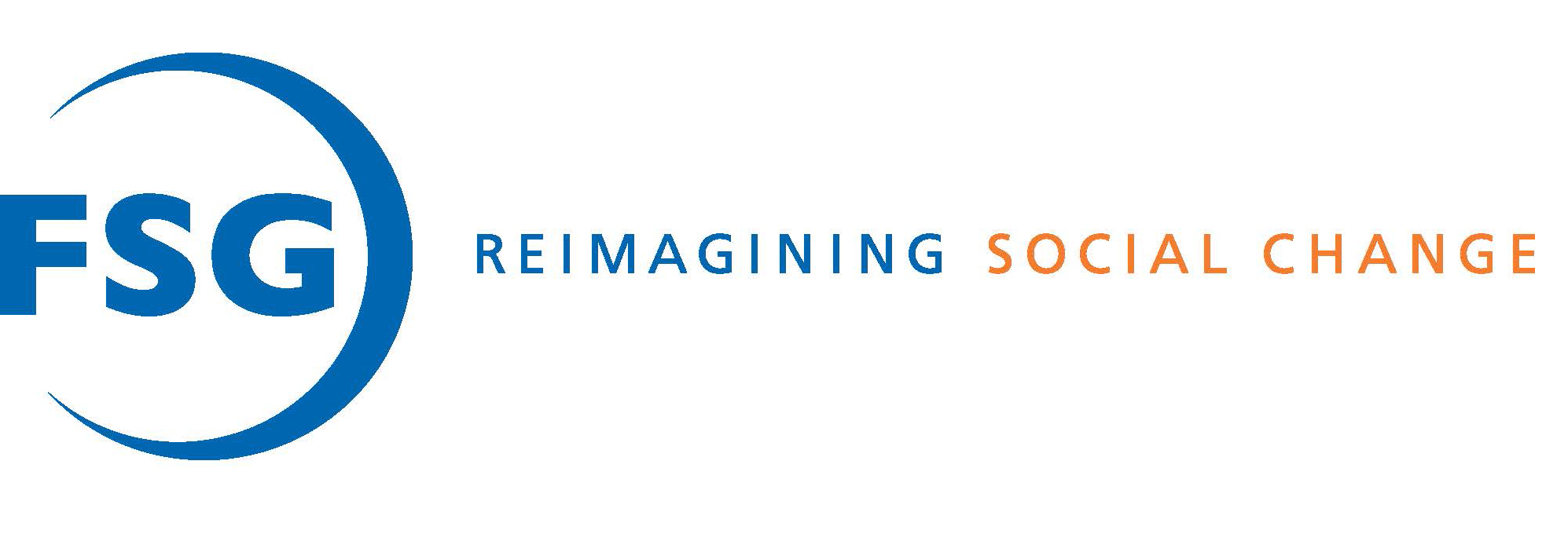Latin America Leads the Way in Creating Shared Value
New on the Guardian Sustainable Business blog
Jan 3, 2012 3:00 PM ET
Campaign:
Creating Shared Value
Latin America leads the way in Creating Shared Value on the Guardian
In "Creating Shared Value," the Harvard Business Review cover story written by FSG co-founders Michael Porter and Mark Kramer, the authors cite numerous examples of multinational corporations (MNCs) that are increasing their competitiveness by addressing significant social issues. Companies like Nestlé, GE, Coca-Cola, and Cisco have increased their profits by hundreds of millions of dollars and had a profound impact on poverty, health, environmental, and educational challenges, by carefully considering the intersection between their business models and global social challenges.
The experiences of these companies are critical: through their efforts they provide an example to other companies of the opportunities that Creating Shared Value (CSV) represents. These companies are also developing a competitive advantage. There is a steep learning curve associated with pursuing an effective Shared Value strategy.
Company leaders must learn to identify and prioritise opportunities in a new way. Managers must adjust their mental models about risk management and collaboration to implement Shared Value. As companies execute Shared Value initiatives, they increase the knowledge assets at their disposal and enable themselves to uncover new Shared Value opportunities that other companies without those knowledge assets miss out on. Ultimately a virtuous cycle is created that will allow the MNCs with serious CSV strategies to leave their competitors behind.
This is bad news for the legions of companies that have yet to discover Shared Value, in particular, local companies in developing markets that are not familiar with the concept. The good news is that Shared Value is not merely the province of MNCs. On recent trips to Peru, Chile, and Brazil, I met with dozens of local companies. Almost without exception, regardless of whether they called it CSV or not, these companies were contemplating significant strategic moves that would simultaneously enhance their profitability and address a societal challenge.
With greater proximity to the local social challenges, Latin American companies should have an advantage over multinationals in many CSV areas. Porter and Kramer outline three ways for companies to simultaneously increase their competitiveness and have social impact: reconceiving products and markets, redefining productivity in the value chain, and enabling local cluster development. Below are examples of companies in Latin America that are pursuing Shared Value in each of these ways...Read the full post "Latin America leads the way in Creating Shared Value" on the Guardian.
FSG19901



